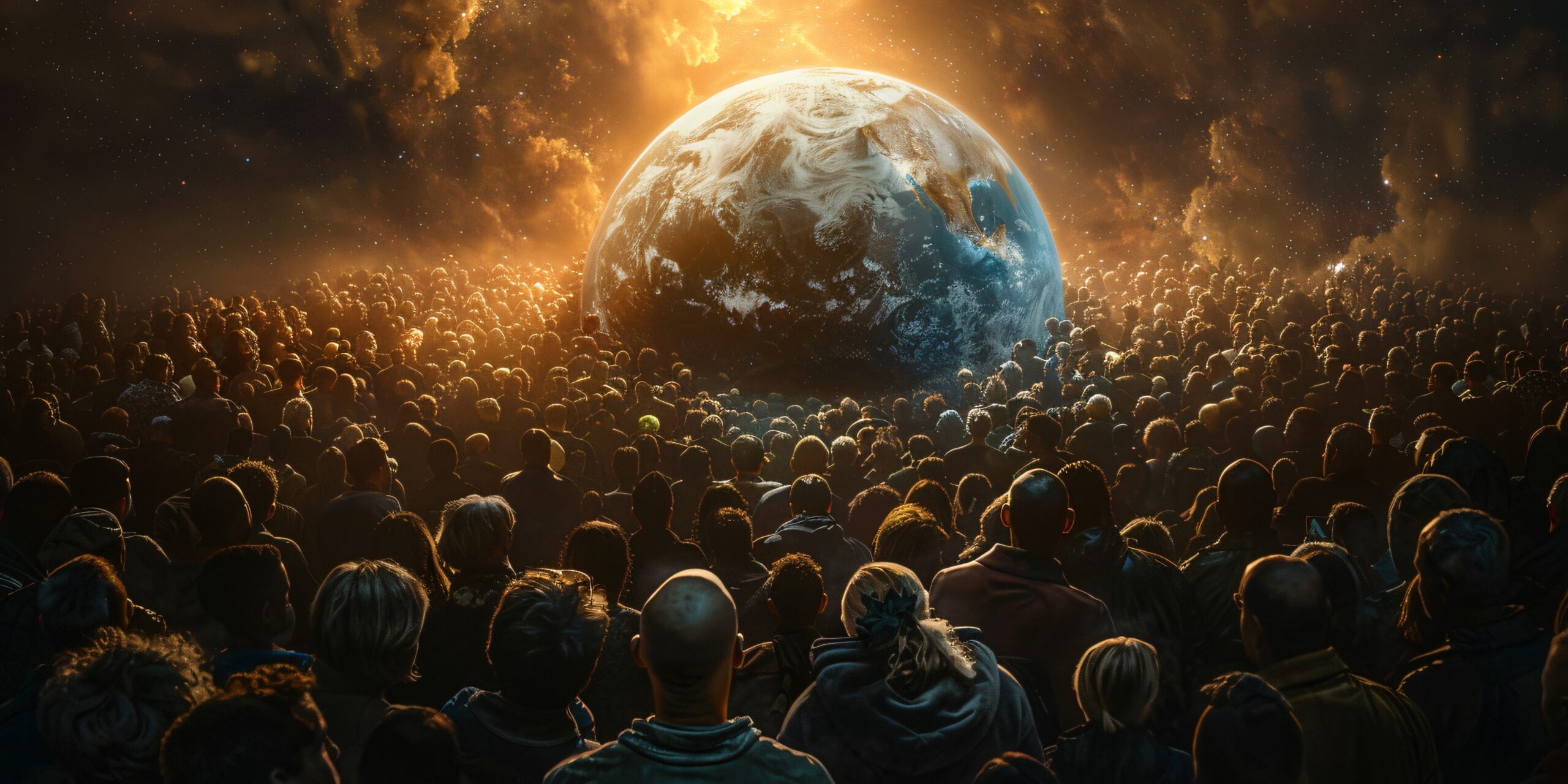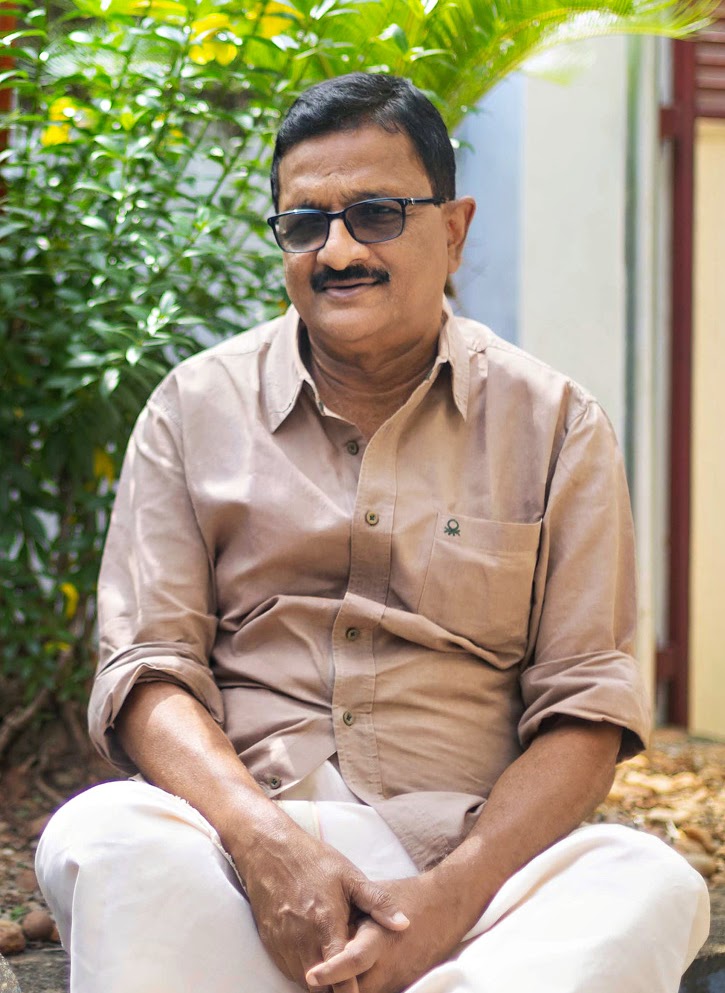
Teaching hearts to hate
Do we let religions divide us? The greatest causes for unrest in the world today is caused by religions or religious disputes, without a shadow of doubt. Here in the 21st century, religious differences are still dividing us, holding us back from reaching our full potential. Human unity and peace are made unattainable because religion segregates people into clusters of believers and “nonbelievers”. Religion instills in people the idea that those who differ with their religious beliefs are evil and undeserving of association, or even of their humanity.
Were we born as Christians, Muslims or Hindus? Idealistic as it may sound, no one is born into a religion, he or she is bred into it. All are born as humans, with the same needs. So when does religion start claiming people. First, let’s start with the word religion. Religion is a collection of beliefs that people have about some really big questions, like how did the world come to be, how should people behave, what happens to us after we die? Those are big questions. Those are questions that just about everybody on the planet wants to know and they are hard–if not impossible–to answer on our own. People have always tried and sometimes they’ve come up with answers and when those answers have caught on a religion is born.
People have different religions for the same reasons that people have different opinions and different tastes, because they were raised in different ways and in different places and in different families and at different times, and with different brains. All of these things have a different impact on what we believe to be true about the world. Religion isn’t just about beliefs. It isn’t just about god, or gods or heaven or angels. It’s about friendship and community. If you think about your school and all of the things that make it great and all of the things that make you feel like you belong there, it’s not just what the teachers are teaching, it’s the activities and the people and the feelings. That’s how it is with religion. Some people love their religion because it feels comfortable. It feels like home.
A big thing for kids is ‘why can’t everyone agree?’ That would be much simpler and easier, but when your parents have raised you to believe that certain answers are truth and that’s the way that makes the most sense to you and that’s the way that makes you feel good, it’s very hard to change your mind and most people don’t want to. It’s quite fine actually that people believe different things. I think that it can be a good thing. I think the better goal, if we have a goal, is to be understanding that it’s not what people believe, but what they do in life that matters.
There are killings in the name of religion and faith. In fact some religions even propagate the need to kill those who are not part of their faith. They quote millennia old scriptures to justify their deeds. They hold entire nations and citizenry at knife edge, forcing retaliations. This then is why there is so much unrest in the world in the name of beliefs and faiths. Religions unite and divide, but they do so in radically different ways. Religion at its worst fosters tribalism, setting the faithful against the infidel. Bloody wars have been fought in its name and cause untold sorrow, world over.
It just take one bit of reflection to avoid this. Every human has some very basic need. Food, clothing, shelter, medical care, education, job opportunities are all basic essentials. None of these in reality has anything to do with religions. It is social set ups, issues based on beliefs and ways of interaction that cause us to forget that there are millions who are deprived of the basic, and providing for those are of paramount importance, not what or whether you believe. A new generation should stand up beyond the divides and hold hands to face these basic deprivations, rather than fight one another for what we can never see or prove. Let us remind ourselves that God, in whatever form we believe in, is goodness, not the propagator of violence.




